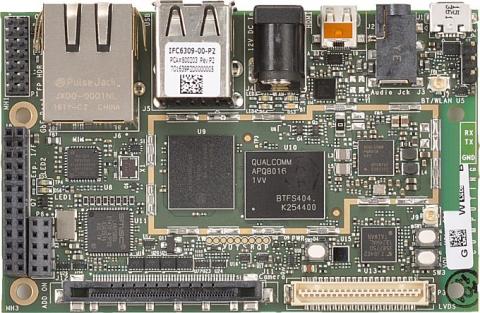Solutions Resources
How realistic is the light representation in the mobile games you develop? A big part of the user experience in all games is how well you approximate the real-world model of light, including reflections, refraction and shadows.
“It’s a good model,” you say, thinking about the model you’ve trained in the cloud for your machine learning application. “I just wish we could fine-tune it on the user’s device.”
Now you can do just that.
You like running your machine learning (ML) workloads with the Qualcomm Adreno OpenCL ML SDK on Adreno GPUs.
If you could design your dream Windows laptop or tablet, what features would be at the top of your list? Today, most users cite high performance, all-day/multi-day battery life, and persistent connectivity to the cloud from anywhere, as their top requirements.
Cooking with Snapdragon is a video on which we recently collaborated with WIRED Brand Lab, and published on
Realism in games is achieved by implementing effects like lighting and shadows, physics-based particle systems and water effects, and special effects like
In his recent webinar, Accelerating Distributed AI Applications, Ziad Asghar, our Vice President, Product Management, Qualcomm Technologies, Inc., gave an insightful and pragma
Even with a well-designed app and a robust marketing campaign, you can always do more to reach your target level of success.
Qualcomm Technologies contributes Hexagon DSP improvements to the open source Apache TVM community to scale AI
Effective healthcare systems rely on a variety of testing and diagnostic tools to detect illnesses and provide the best possible outcomes for patients.
You’ve probably noticed on Qualcomm Developer Network (QDN) that we offer dozens of tools and technical resources.













